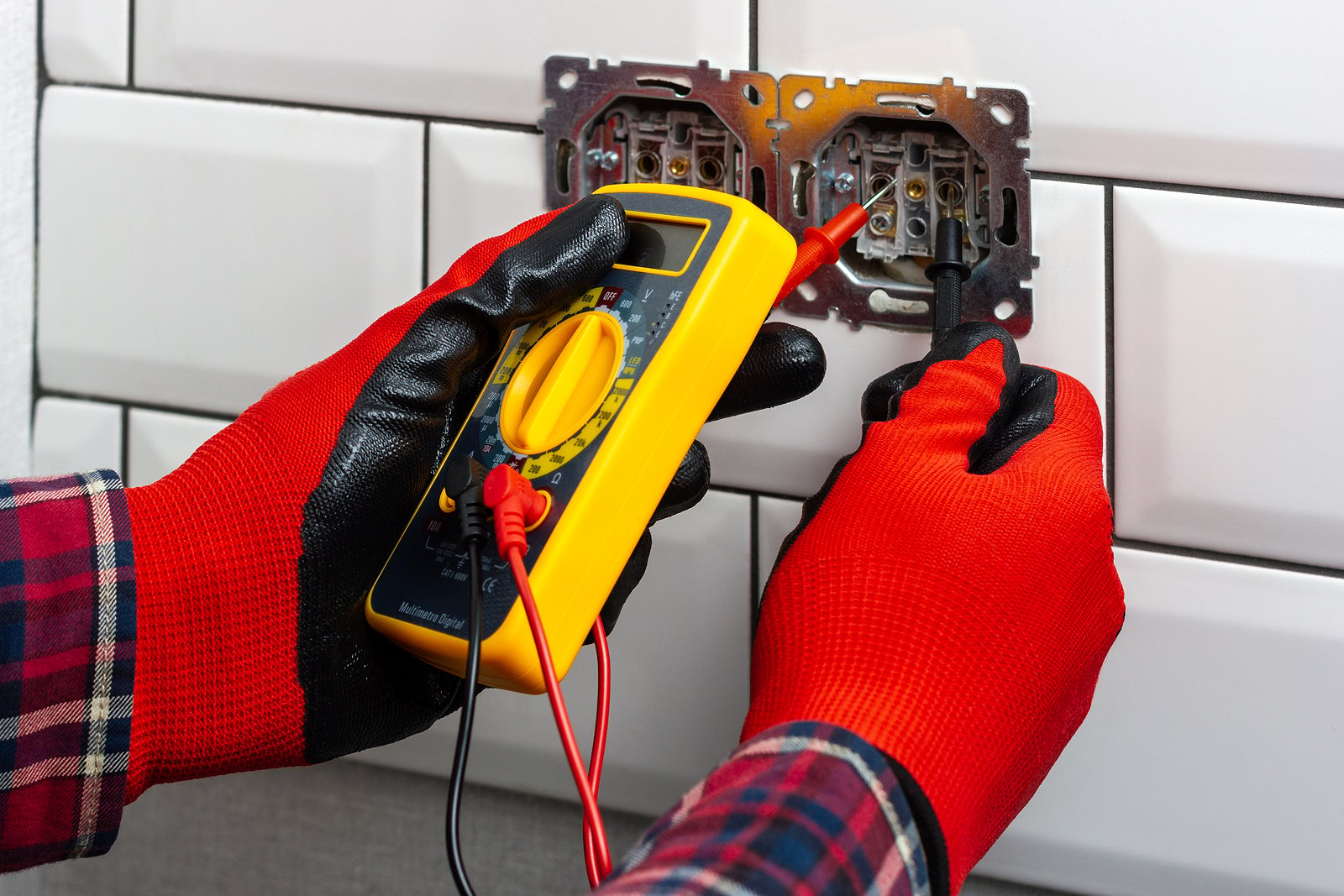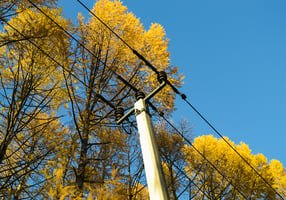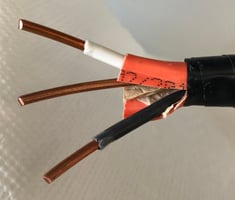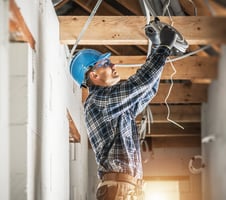As the vibrant colors of autumn surround us and the air turns crisp, it's time to embrace the...
What Does it Mean When an Electrical Inspector Finds an Open Ground?
 Your home is supposed to be your safe haven from the outside world, protecting you from literal and figurative storms. However, when there are issues with your electrical system, that feeling of safety can dissipate, until you’re able to resolve the problem. One electrical issue that is more common than you might think is called an Open Ground, yet many homeowners aren't readily familiar with the term. What does it mean when an electrical inspector finds an open ground?
Your home is supposed to be your safe haven from the outside world, protecting you from literal and figurative storms. However, when there are issues with your electrical system, that feeling of safety can dissipate, until you’re able to resolve the problem. One electrical issue that is more common than you might think is called an Open Ground, yet many homeowners aren't readily familiar with the term. What does it mean when an electrical inspector finds an open ground?
What is an Open Ground?
Simply speaking, an open ground is a home maintenance issue that arises when your electrical system isn't correctly connected to the ground. This can occur for a wide range of reasons, but there are a few common culprits:
- Aging Wiring: Older homes may have wiring that lacks a grounding conductor.
- Damaged or Corroded Wiring: Over time, wiring can become damaged or corroded, compromising its ability to provide a safe path to the ground.
- Loose Connections: Connections at the grounding electrode system, such as the metal rod or pipe driven into the ground, can become loose, and disrupt the flow of electricity.
Preventing an Open Ground
When managing your home's electrical system, as in most areas of your life, prevention is better than a cure. To minimize open ground risk, consider taking the following measures.
- Regular Electrical Inspections: Have your electrical system inspected regularly by a qualified electrician to catch issues early.
- Update Wiring: If your home has older wiring without a grounding conductor, consider replacing it with new wiring that includes this essential safety feature.
- Ensure Secure Grounding Connections: Make sure all grounding connections in your electrical system are tight and secure.
- Install GFCI Outlets: Especially in areas where water is present, such as kitchens, bathrooms, and laundry rooms, installing Ground Fault Circuit Interrupter (GFCI) outlets can provide an extra layer of safety.
What Happens During an Electrical Inspection if There Is an Open Ground?
If an electrical inspector identifies an open ground in your house during an inspection, they will typically require you to rectify the issue in order to comply with building codes and other safety regulations. This is because open grounds pose a safety risk, increasing the potential for electric shock.
Depending on the severity and the inspector's recommendations, there are several ways to address an open ground. Rewiring the entire house with new wiring that includes a grounding conductor is the most effective solution - but also the most expensive. An alternative is installing a grounding rod or pipe near the electrical panel and connecting the grounding wire. While less expensive, this option may not be as efficacious as a complete rewiring.
Solving the Open Ground Issues
The Wilcox Electric team of qualified electricians can assist with all your electrical needs, including addressing open ground concerns. Our services include:
- Electrical Inspections: Thorough assessments to identify and rectify electrical issues.
- Electrical Repairs: Swift and reliable repairs to ensure your electrical system is safe.
- Electrical Installations: Expert installation of electrical components and systems.
- Electrical Upgrades: Modernize your electrical system for improved safety and efficiency. For any electrical concerns or inspections, trust the professionals at Wilcox Electric to keep your home running smoothly and your loved ones safe.
When it comes to your home’s electrical system, you don’t want to take chances. Addressing issues promptly, such as open ground problems, not only ensures your family’s well-being, but also provides conscientious maintenance for the integrity of your electrical system.
If you have any electrical concerns, or simply want to ensure you’re taking the best care of your home year-round, contact Wilcox Electric to schedule a comprehensive electrical safety inspection.




